We’re excited to introduce you to the always interesting and insightful Laurie Hamame. We hope you’ll enjoy our conversation with Laurie below.
Laurie, first a big thank you for taking the time to share your thoughts and insights with us today. I’m sure many of our readers will benefit from your wisdom, and one of the areas where we think your insight might be most helpful is related to imposter syndrome. Imposter syndrome is holding so many people back from reaching their true and highest potential and so we’d love to hear about your journey and how you overcame imposter syndrome.
I came to embrace imposter syndrome as a natural feeling that comes with any learning process.
As a wedding photographer, those feelings of self-doubt hit hard. In my area, I can name at least 20 photographers off the top of my head, so why would anyone choose me to capture such an important milestone when they could pick anyone else?
Over time, overcoming imposter syndrome became a blend of realizations. One key shift was understanding that clients aren’t a monolith. I used to think that couples would look at all the photographers in their city and simply choose “the best.” But that’s not how it works. There are many reasons—beyond skill or experience—that influence their decision-making.
At first, I convinced myself that clients were booking me only because my prices were lower than others. But when I raised my prices and the bookings still came, I realized it wasn’t just about cost.
Then, I thought I could only create great work in perfect conditions: good weather, good lighting, plenty of time. I quickly learned that the perfect trifecta rarely happens on a wedding day. Timelines can fall apart, and no amount of pleading with Mother Nature can stop a rainstorm.
In the early days of my career, I’d often talk myself down from imposter syndrome with, “If I wasn’t talented, they wouldn’t have booked me.” As time passed, though, and I faced more challenges, I gained confidence in my ability to adapt. I focused on improving my skills, tackling fears like difficult lighting situations, and helping different personalities feel comfortable in front of my lens. It was a slow process, but each new challenge I overcame and each photo I was proud of helped silence those negative thoughts. Gradually, the voice of imposter syndrome went from a loud roar to a quiet whisper.
Being skilled is the result of consistent practice. Shooting thousands of photos every weekend made me better, and growth came each time I confronted imposter syndrome. It started sounding like: “Hey Laurie, you’re being too hard on yourself,” or “This is out of your control, but you’ll come up with a creative solution,” and even, “I’m not confident with flash yet, but I’m actively working on it and I’ll get there in time.”
Now, four years into my career, the biggest shift in my mindset has been moving from “I’m not as good as they think I am” to “I am better than I think I am.” I’ve come to realize that I’m good at what I do, and instead of comparing myself to others, I now celebrate what sets my work apart.
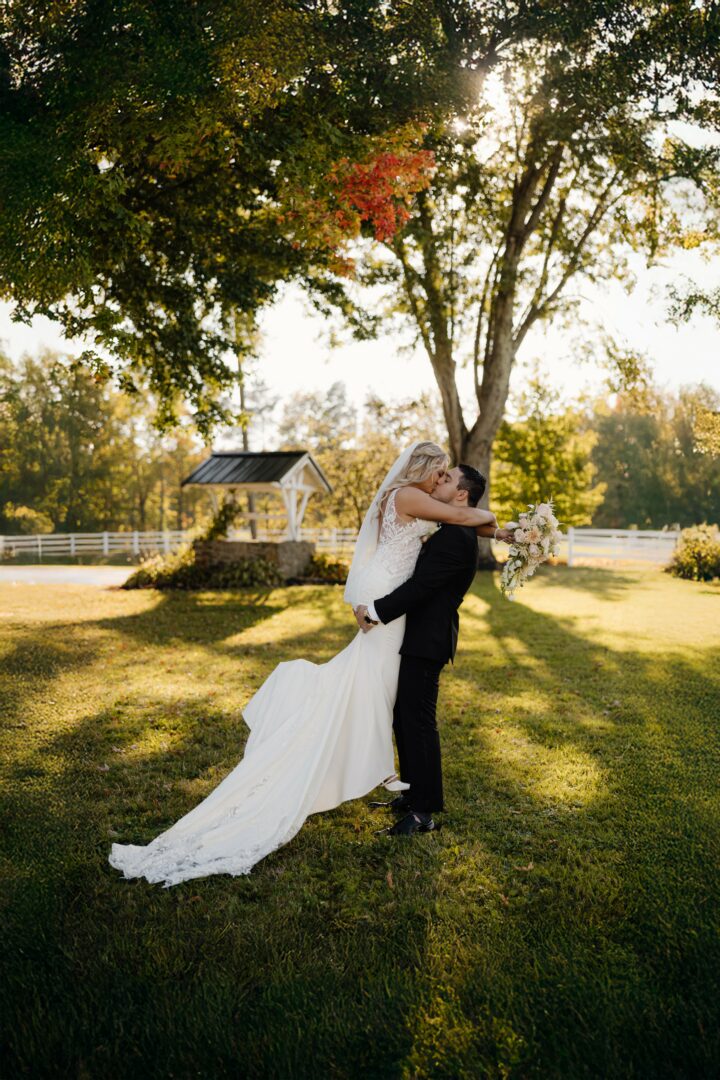
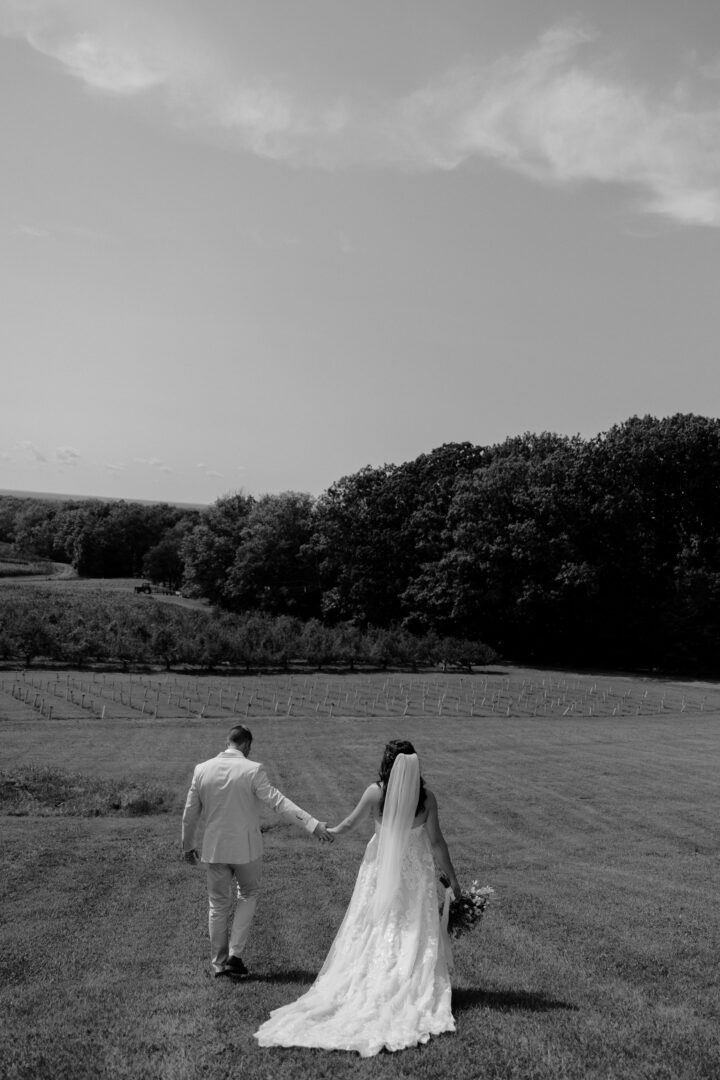
Let’s take a small detour – maybe you can share a bit about yourself before we dive back into some of the other questions we had for you?
I am a wedding and portrait photographer based in Cleveland, Ohio — but to call myself just a photographer does my role a disservice.
At many of the weddings I photograph, my couples have their parent’s and grandparent’s wedding photos on display. I feel a weird blend of existential nostalgia when I consider that my photos will be in those frames one day, cherished by generations to come, long after I am gone. To be a memory keeper, to hold this kind of trust, to share this level of intimacy… it takes my breath away. How lucky am I to capture these slivers of time that will outlive me, outlive us all?
Photography is a powerful means of confronting the impermanence of everything. My role as a photographer transcends the technical. I’m not just capturing a moment for its beauty or its composition; I’m creating a record of something (or someone).
Every time I pick up my camera, I am engaging a quiet defiance against the tide of time, saying, “This mattered. This was beautiful. And though it is gone, it will never be forgotten.”
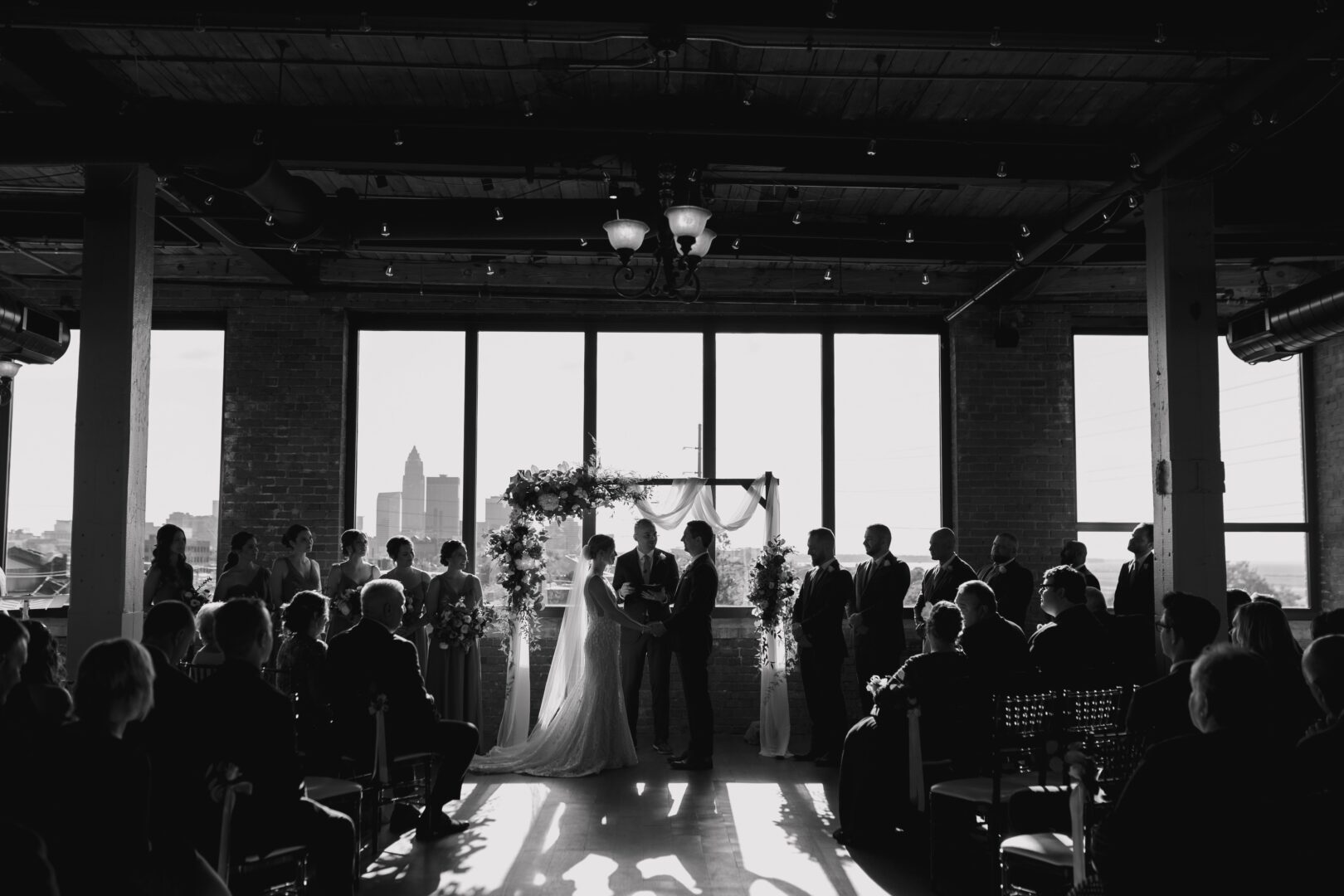
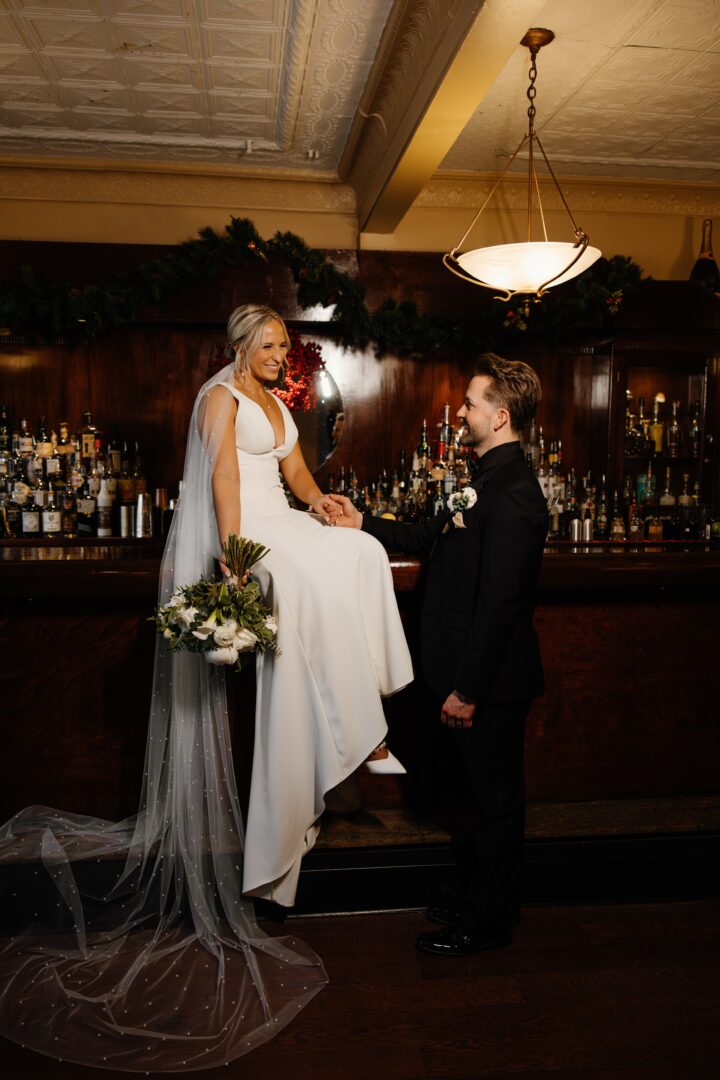
Looking back, what do you think were the three qualities, skills, or areas of knowledge that were most impactful in your journey? What advice do you have for folks who are early in their journey in terms of how they can best develop or improve on these?
One thing I’ve learned that I don’t know if I’d necessarily categorize as a skill or a quality, but is definitely essential knowledge, is that what I consider to be the most important moments of a wedding day may not align with what my clients value. What truly makes me a great wedding photographer is my ability to tell their story—the one that reflects their experience. For me, a wedding day isn’t just about formal portraits; it’s about the little, unexpected moments—like a bride eating Jimmy John’s in her wedding dress, a mom laughing uncontrollably because she’s overwhelmed with joy, or the groom wiping a single tear from his dad’s cheek.
This is why it’s crucial to always ask your clients what their expectations are, even if you’ve already been transparent about your style and approach. No matter how much you explain your vision, it’s essential to hear their needs, because at the end of the day, you’re hired to create memories that reflect their vision, not just yours.
It’s also key to be flexible. There will be times when the types of photos you personally love might not be the priority for the couple. And that’s totally okay. The real beauty in wedding photography is capturing the actual experience—the authentic moments that happen naturally, even when they aren’t the ones we expected or planned for. If a couple is happy with fewer portraits so they can spend more time with their guests, that’s their vision, and it’s my job to make that happen.
Another thing to remember is that every couple is different, and every wedding has its own flow. Being prepared to adapt, problem-solve on the spot, and stay calm under pressure is just as important as knowing your camera settings. A big part of wedding photography is being there—emotionally and mentally—so that you can be present and capture the raw, beautiful moments that are happening in real time.
To be put it simply: I LOVE love. That matters. Because even after 100+ weddings, I still melt into a puddle over all of the little and big expressions of love. Noticing those little details — even anticipating them — makes me a better photographer, and roots me back into what the day is really about: two people, their commitment, and the joy that follows.
In summary, wedding photography isn’t just about taking beautiful pictures; it’s about understanding your couple’s story, capturing the true essence of their day, and conveying the emotions that make their wedding unique. Whether that’s the candid laughter, the tearful moments, or the joyful chaos, your ability to adapt and truly connect with the couple is what will set you apart and make you successful.
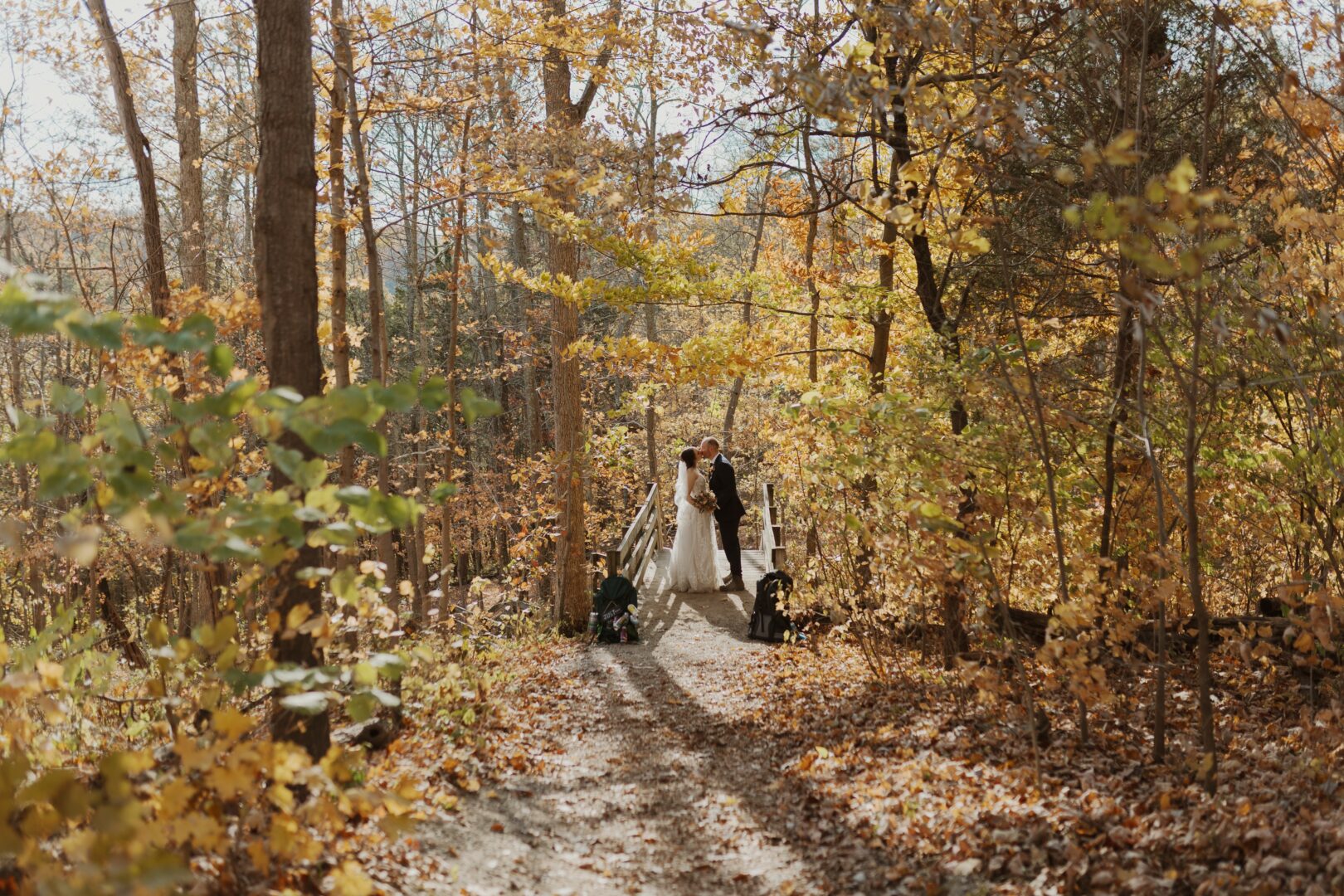
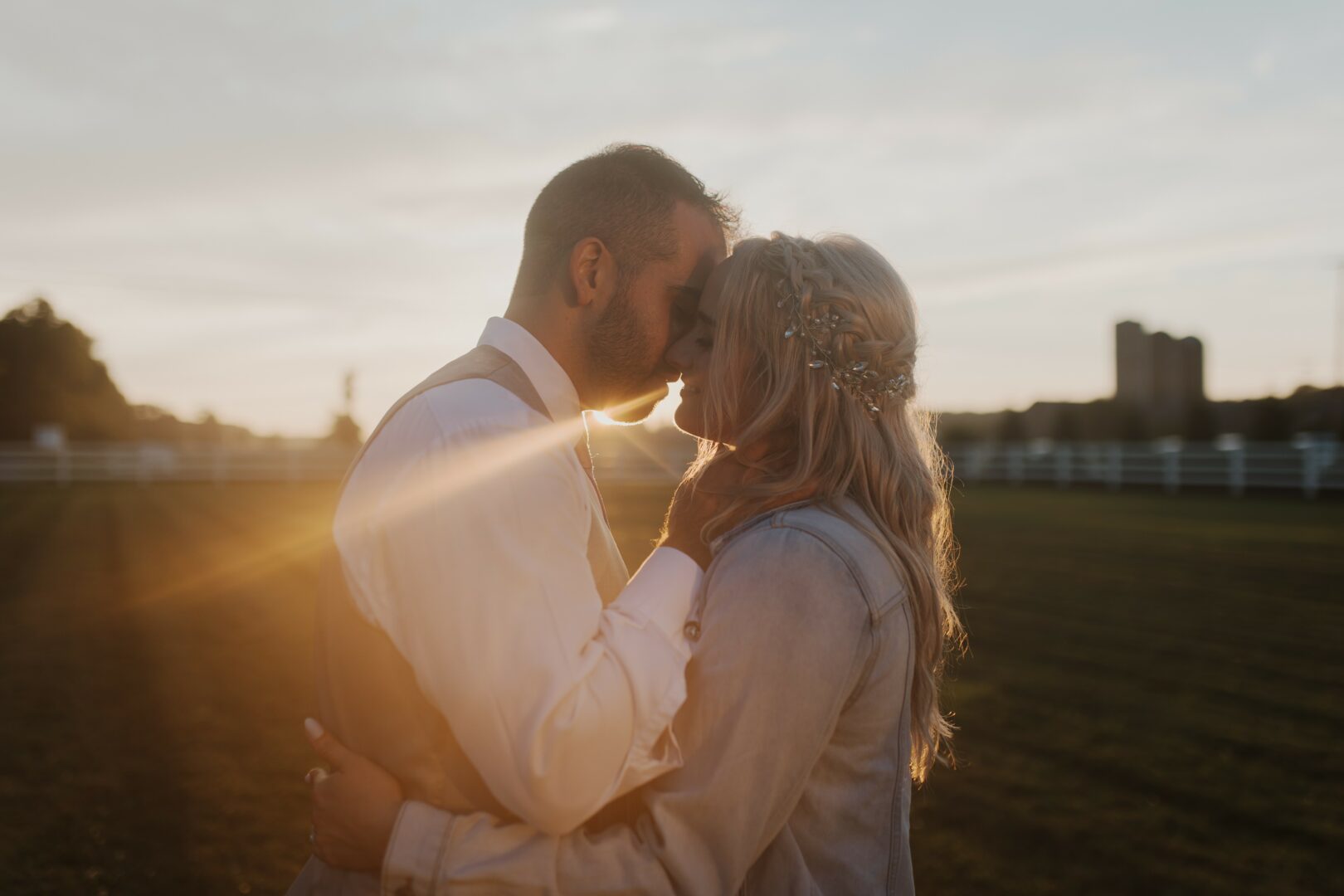
Tell us what your ideal client would be like?
My ideal client doesn’t have a specific look or follow a particular trend. I attract couples who are laid-back, value natural photography, and don’t take themselves too seriously—couples who can laugh at themselves, embrace their quirks, and are so in love!
If you’re in the process of booking a wedding photographer, ask yourself:
Can I see myself in the kind of photos this photographer takes? Would I want this person pointing a camera at me for 8-12 hours on my wedding day?
I love working with couples who hire me because they connect with both my work and my personality. These conversations didn’t start with, “What are your prices?” We laughed together before we discussed dollar signs and contracts, and I felt them value me as much as I value them. All of this not only creates a wonderful friendship, but it makes creating on their wedding day seamless and fun. I truly think connection is our greatest gift as human beings. My ideal clients breathe a sigh of relief when I show up on wedding day because they trust that I’ve got their back 100%.
Contact Info:
- Website: https://www.lauriehamame.com
- Instagram: http://instagram.com/lauriehamamephotography
- Facebook: http://facebook.com/lauriehamamephotography
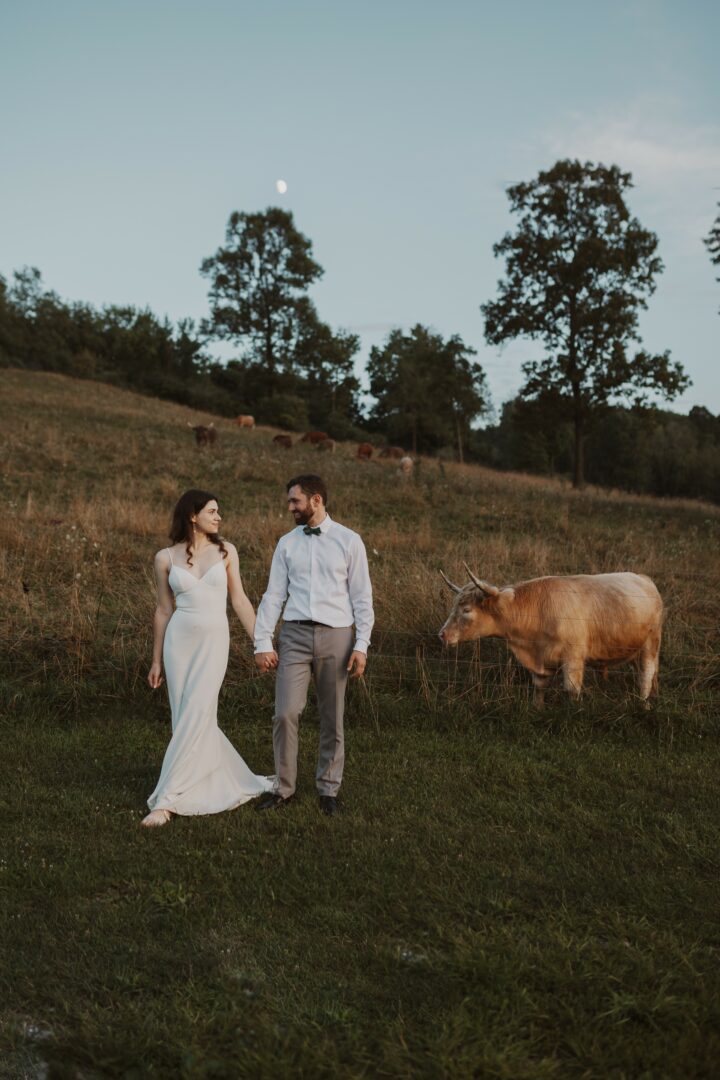
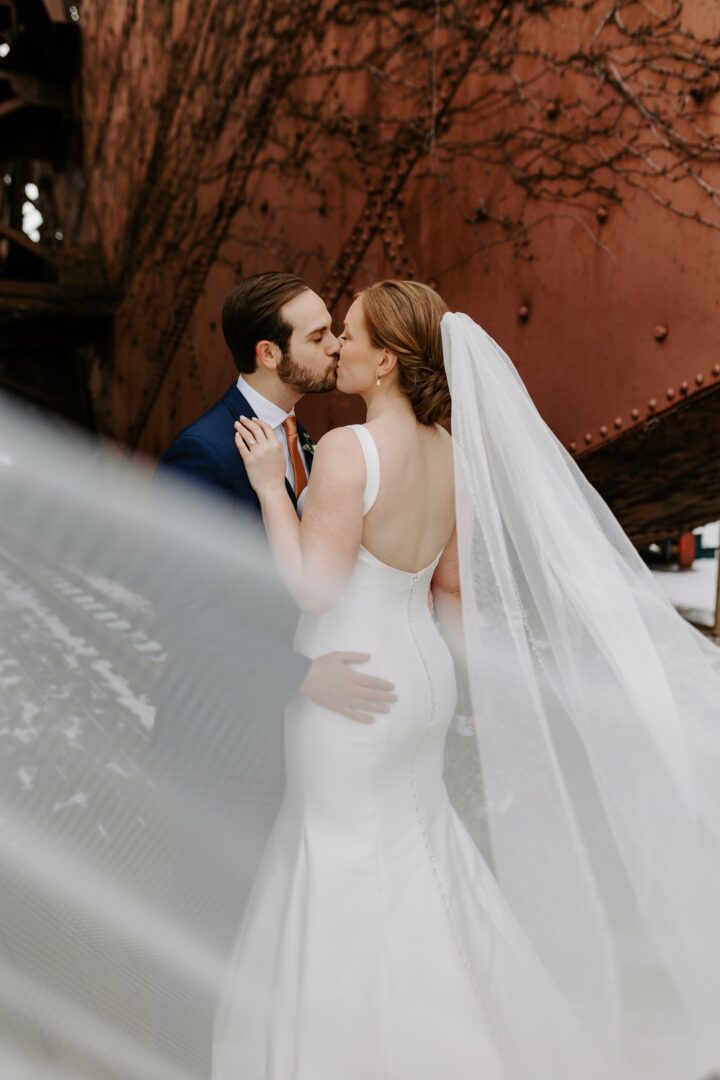
Image Credits
(c) Laurie Hamame Photography
so if you or someone you know deserves recognition please let us know here.




